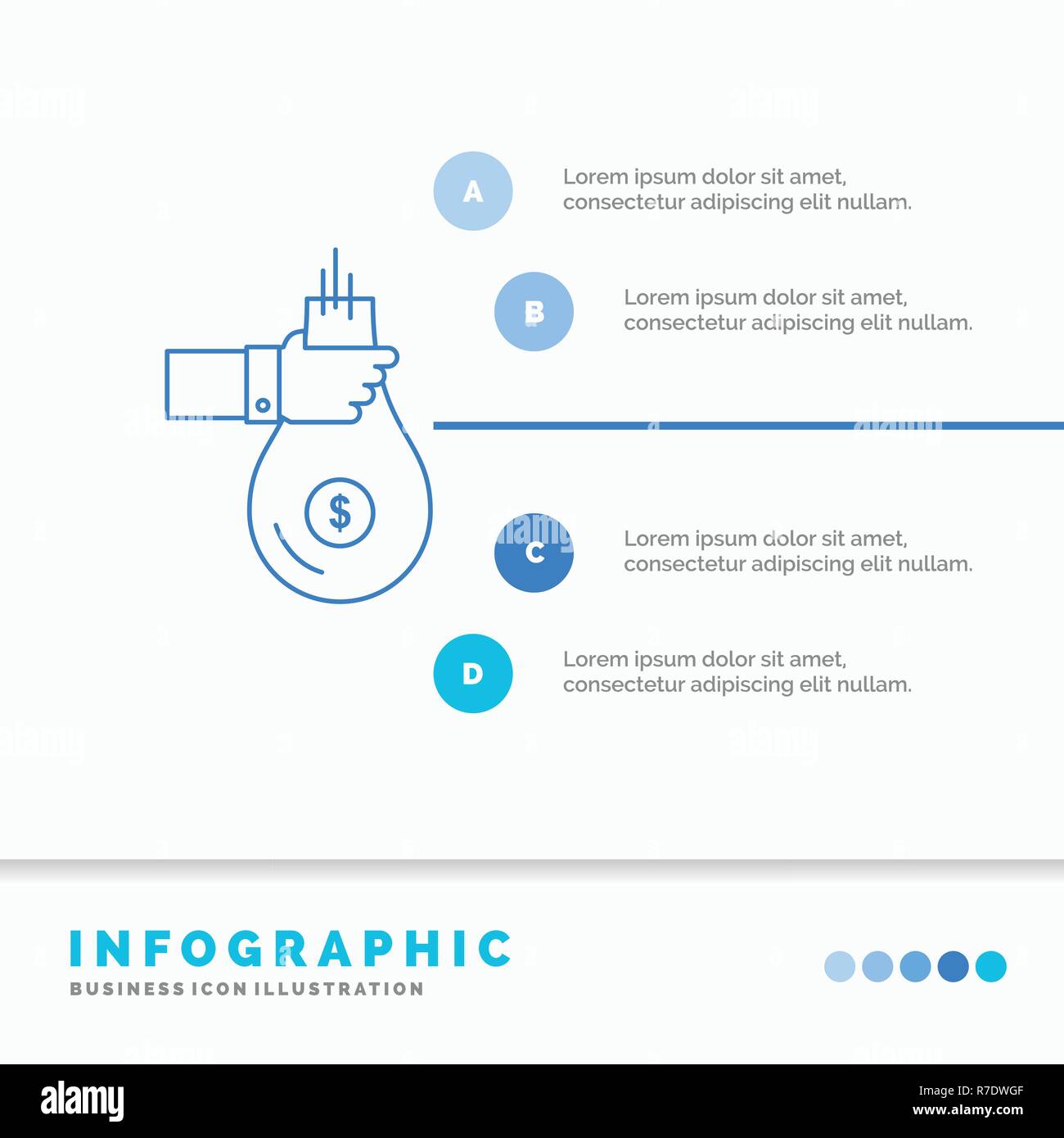Below Is A Better Look At What Is A 1031 Exchange?And Exactly How It Operates?

Content by-Atkinson Aarup
Essentially, a 1031 exchange is an IRS program that allows a taxpayer to defer government earnings tax responsibility and also funding gains tax obligation. It is additionally referred to as a Section 1031 exchange.
Building-to-suit exchanges
Unlike a regular deferred exchange, a build-to-suit exchange requires a financier to obtain money to purchase the replacement residential or commercial property. This financing is normally made through a qualified intermediary, or EAT. The EAT is a holding firm, usually a single-member LLC, which holds the title to the substitute residential or commercial property. It will certainly make improvements on the substitute residential or commercial property and hold title while the enhancements are completed.
A construct to fit exchange is a special kind of 1031 exchange that allows an investor to defer taxes on gain from the sale of a residential property. In order to qualify, the substitute building have to be like-kind to the residential or commercial property being sold, as well as it should have a reasonable market value above or equal to the list price.
A develop to suit exchange is suited for investors that intend to make repair work or improvements to their residential or commercial property throughout the exchange period. It is likewise a great selection for financiers who wish to get even more value from the exchange profits.
Unlike a routine deferred exchange, build-to-suit exchanges are frequently a lot more costly. Capitalists must additionally make sure they are structuring the exchange correctly. This might consist of an assurance on the financing from the EAT. If you require help structuring the exchange, speak with an experienced tax professional.
A build to match exchange can be beneficial to a financier, yet it can additionally require time. Along with paying taxes, investors might have to pay closing costs two times. It is also hard to complete a large building and construction task within the 180-day exchange duration.
Requirements for a certified intermediary
Having a qualified intermediary is a vital action in a successful 1031 exchange A qualified intermediary is a specific, or an institutional entity, who has a specific collection of qualifications as well as experience to execute a successful 1031 exchange.
A competent intermediary must have a performance history of performing 1031 tax deferral solutions. The federal government does not need QIs to have special licenses, however they must abide by state as well as government guidelines. It is best to make use of a QI with a solid track record in the local market.
A QI's key work is to shield your investment in a 1031 Exchange. A QI should hold the funds in between closings up until you prepare to buy a replacement residential or commercial property. The QI should additionally prepare all transactional files connected to the transaction.
The QI has to likewise produce a qualified escrow account. https://schiffgold.com/commentaries/peak-inflation-not-so-fast/ are established in FDIC insured banks. https://postheaven.net/vincenzo97mittie/purchasing-gold-is-an-excellent-means-to-expand-your-investment-profile can stand up to $250,000 in funds. The funds will be released from the escrow only with the authorization of both the QI as well as the exchanger.
A QI must additionally have an audit trail. They need to submit to an annual 3rd party audit. https://www.click4r.com/posts/g/7302779/below-are-minority-things-you-should-be-aware-of-before-you-buy-hedge-finances ought to likewise have transaction reps that are qualified to perform exchanges of that type. A certified intermediary must likewise have an excellent track record in the regional market.
Tax obligation implications of a 1031 exchange.
Using a 1031 exchange enables the proprietor of real estate to postpone capital gains tax obligations on the sale of a home. The proceeds from the sale of the building are after that reinvested in a replacement residential or commercial property. The result is a higher portfolio value.
A 1031 exchange is usually conducted through a certified intermediary. A qualified intermediary is a specific or company that has experience and also knowledge of the tax obligation effects of a 1031 exchange. These individuals can be a banker, attorney, financial investment broker or an accounting professional. A competent intermediary never ever ends up being the owner of the residential or commercial property.
A 1031 exchange may not be utilized to obtain building that is not held for financial investment purposes. It is additionally not applicable to equipment. It can just be used to defer resources gains tax obligations on the sale or lease of property.
A 1031 exchange is a good device for real estate financiers. However, the procedure might vary for each deal. It is necessary to follow the rules to the t to optimize its benefits.
In order to get a 1031 exchange, a residential or commercial property needs to be held for effective usage in a profession or company. The residential property has to also be "like-kind". Normally, this means that both residential properties must have the exact same nature.
The residential property should also have a home loan. A mortgage can be on either side of the exchange.

